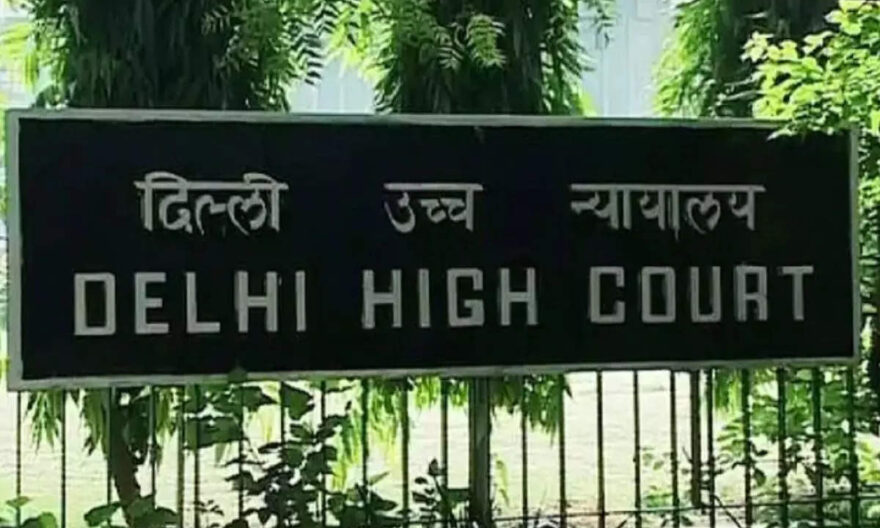
A Public Interest Litigation (PIL) has been filed in the Delhi High Court, which seeks from the central government the establishment of a Legal Education Commission, a body similar to the Medical Education Commission, which shall comprise retired judges, law professors, and lawyers to evaluate the feasibility of implementing a four-year Bachelor of Law (LLB) course.
Petitioner’s Argument
Ashwini Kumar Upadhyay, a practicing lawyer, contends that there should be an expert committee formed by the Bar Council of India (BCI) to assess the alignment of the existing five-year LLB course with the new education policy of 2020.
The PIL criticizes the length and structure of the current five-year LLB program, arguing that it is excessive and irrelevant to legal education. It suggests that this discourages students from pursuing law as a career and instead opting for fields like engineering or civil services.
EXISTING SYSTEM’S COMPARISION WITH THE HYPOTHETICAL PLAN
The PIL draws a comparison between law and other courses. The PIL says a BTech degree obtained through IIT requires four years of focused education in a specific engineering discipline, without unnecessary elements. In contrast, pursuing a BA-LLB or BBA-LLB degree through institutions like NLU and affiliated colleges demands five years of a student’s time, imparting knowledge in areas such as arts and commerce that are unrelated and deemed excessive.
The proposed expert committee would be tasked with preparing a report on the necessity of completing a BA, BBA, or BCom degree before pursuing an LLB, which is currently a graduation course.
The plea emphasizes that the yearly expenses for a five-year LLB program exceed those of a hypothetical four-year course, thereby imposing a heavier financial strain on students.
In essence, the PIL urges a thorough reassessment of India’s LLB education system, advocating for reforms that emphasize relevance, efficiency, and accessibility. It points out that if the voting age can be lowered and if distinguished advocates like Jethmalani could start their legal careers at 17, bypassing extensive formal education, then a condensed four-year LLB program would be better suited to today’s generation.
Read More: Supreme Court, Delhi High Court, States High Court, Other Courts, International




